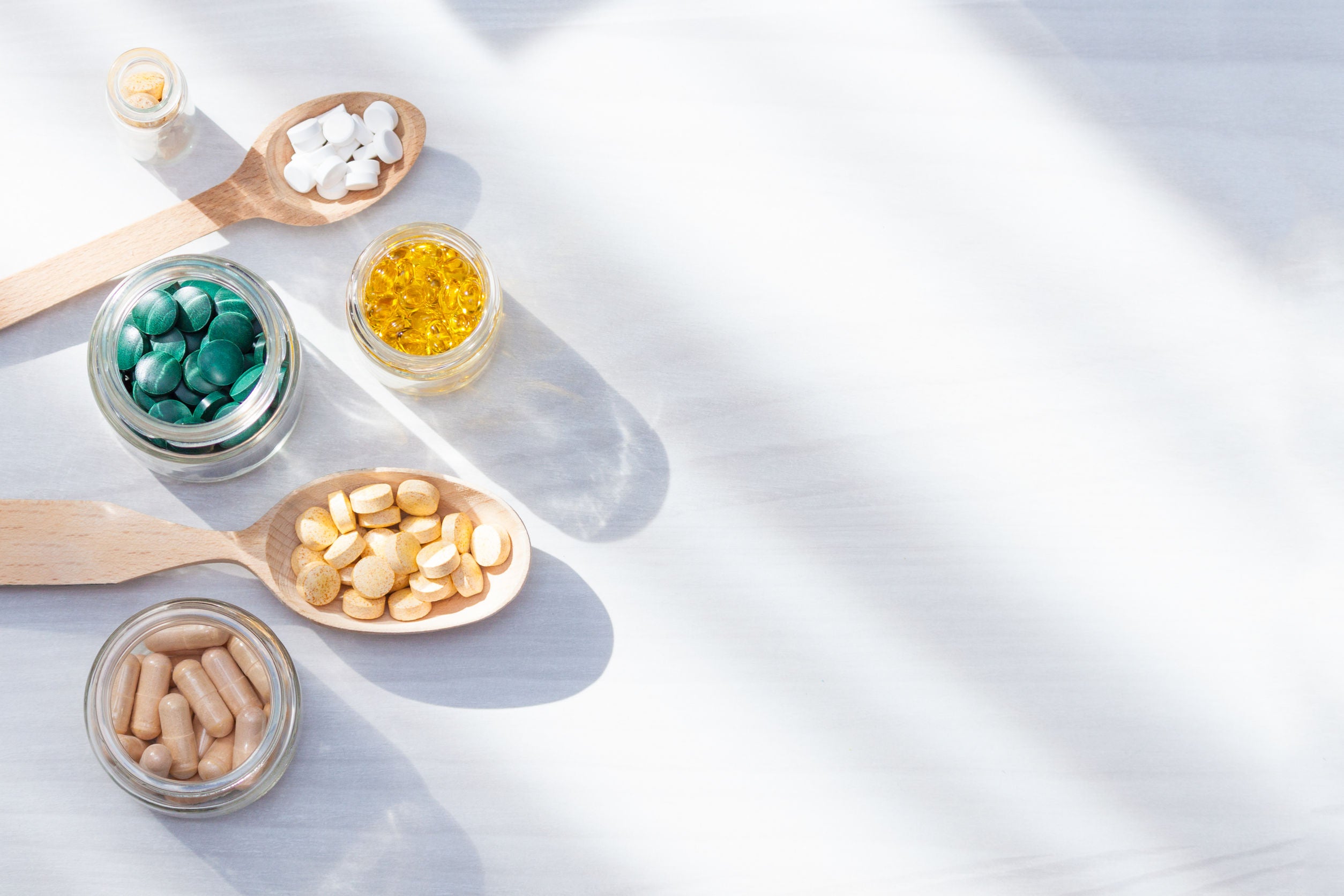Vitamin D is produced naturally by our skin as a response to sunlight. Fat-soluble, it can also come through supplements and certain foods. It helps with absorbing calcium and phosphorus, maintains the immune system, and can improve resistance against certain diseases.
Recent research also suggests vitamin D may help improve mood.
Vitamin D’s Relationship To Mood
Vitamin D is a ‘prohormone’. It is converted in the body to an active hormone that targets multiple areas including the brain, bone, and liver. By its application in the brain, this is how vitamin D deficiency can impact mood.
Reduce Symptoms Of Depression
The most common use of a vitamin D supplement to improve mood is in treating depression. Vitamin D can help reduce symptoms of depression and in a noticeable way. Vitamin D and depression is a relationship that is still being studied, however, what we know is that many depression is better regulated with vitamin D supplementation.
Increases The Efficiency Of The Body
Mood is tied to our physical state. When we feel physically weak, this can translate to mentally weak. When we are not getting enough vitamin D, we feel it. A person may be tired, achy, weak, have chronic pain, or just have a general sense of not being well. By taking a vitamin D supplement, you’re fulfilling the role that vitamin D is supposed to play. All of this evidently impacts mood.
Reduces The Likelihood Of Certain Chronic Diseases
Adequate levels of vitamin D reduce the risk of developing heart diseases, stroke, multiple sclerosis, and the flu. All of these conditions indirectly contribute to mood.
Why You May Not Be Getting Enough Vitamin D
Most Canadians do not get enough vitamin D. We don’t spend enough time in the sun. For individuals who live in an area with high pollution rates, who use sunscreen, if you live in large cities where a lot of sunlight is blocked, or if you work indoors, you have a stronger likelihood of being deficient in vitamin D.
What Foods Are High In Vitamin D?
Every Canadian is recommended to take a vitamin D supplement. Beyond a supplement, you also find vitamin D naturally in foods like salmon, egg yolks, shrimp, fortified milk, fortified yogurt, fortified cereal, and fortified orange juice.
How Much Vitamin D You Need to Improve Mood
Vitamin D is measured through international units or IE. For the average adult, a minimum of 600 IU of vitamin D is recommended. For most Canadians however, due to an overall limited sun exposure, 2,000 IU of vitamin D is preferred. In some individuals, they may find benefit of up to vitamin D supplementation of 5,000 IU though to do this, it is important to be under a doctor’s supervision.
How Long Does It Take To Improve Mood With Vitamin D?
Vitamin D takes time to be put into action. Expect to see the most noticeable changes in mood within three to four months of consistent vitamin D supplementation at a strength of 2,000 IU for adults.
If you have a mood disorder or have been diagnosed with a deficiency, try the St. Francis Herb Farm Vitamin D-for-All 30ml from Lierre.ca to raise your vitamin D levels.


